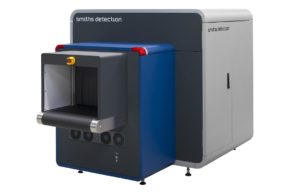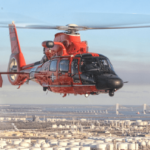
A second protest filed by L3 Technologies [LLL] in mid-May of a decision to award the first contract for new checkpoint baggage scanners to Smiths Detection means it will likely be 2020 before deployments of the computed tomography (CT)-based machines will begin, industry officials tell HSR. L3 filed a protest on April 9 of the Transportation Security Administration’s $96.8 million award to Smiths for 300 of the company’s HI-SCAN CTiX checkpoint CT systems after the agency in late March selected…

 By
By 








